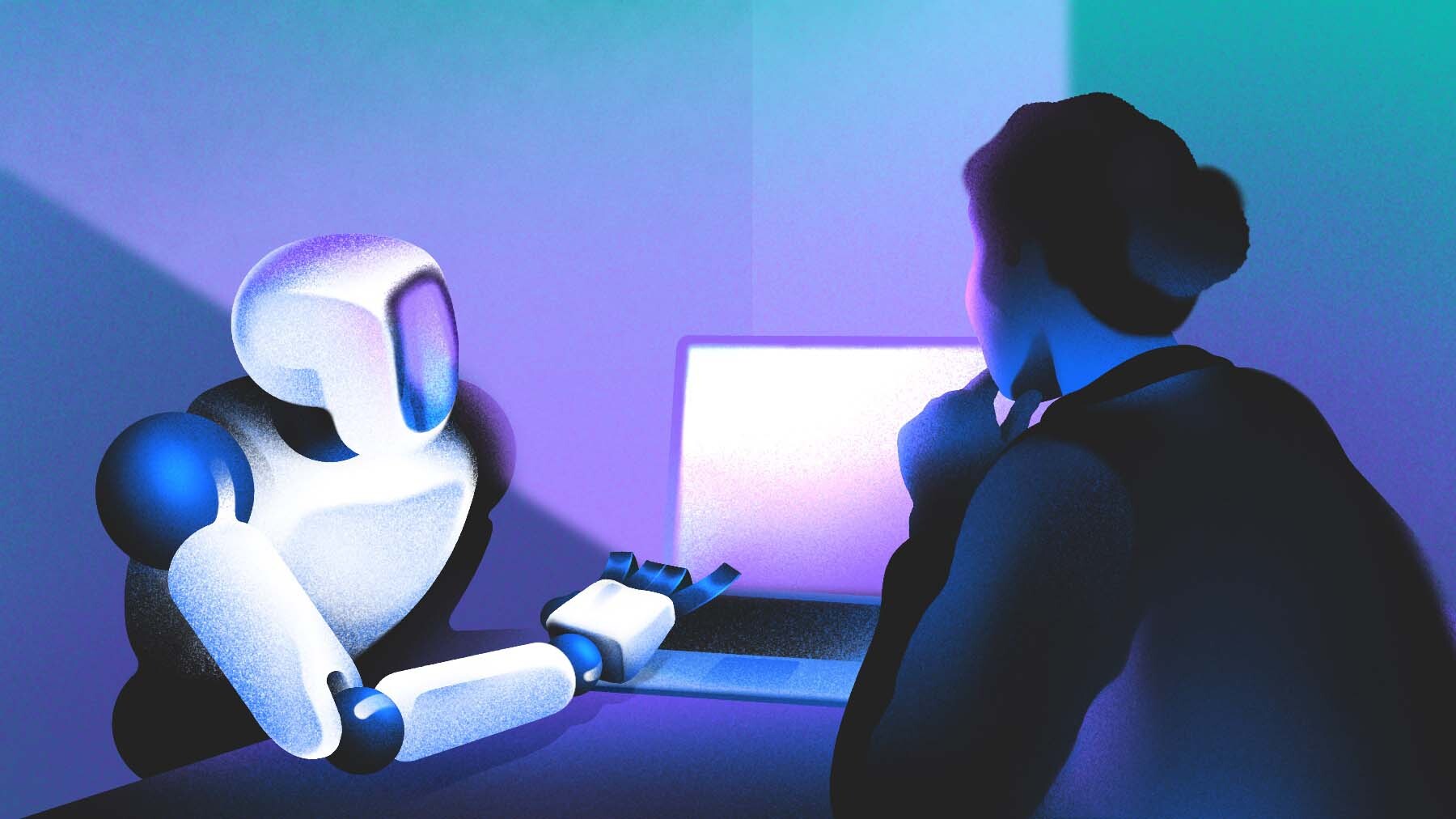In the rapidly evolving world of artificial intelligence, vibe coding—a trend where developers rely on AI tools to generate code based on intuitive prompts—has emerged as both a revolutionary and risky approach.
As highlighted in recent industry discussions, companies like Aiimi, a leader in data content and AI automation, are stepping up to address the potential pitfalls of this practice.
The Rise of Vibe Coding in Software Development
Over the past few years, vibe coding has gained traction as AI tools like language models enable even non-technical users to create functional software with minimal coding knowledge.
While this democratizes development, it often results in code that lacks robust security or scalability, a concern that Aiimi is tackling head-on with innovative solutions.
Historical Context: AI’s Double-Edged Sword
Historically, AI-driven automation has transformed industries, from manufacturing to customer service, but software development has faced unique challenges with security vulnerabilities.
The introduction of AI coding assistants in the early 2020s promised efficiency, yet many early adopters encountered issues like hallucinated logic and unverified outputs.
Aiimi’s Role in Mitigating Risks
Aiimi, known for its expertise in data management and BI solutions, is now focusing on frameworks that ensure AI-generated code meets enterprise-grade standards.
By integrating risk management tools and compliance checks, the company aims to prevent the security blind spots often associated with vibe coding.
The Broader Impact on the Tech Industry
The implications of unsafe AI coding practices extend beyond individual projects, potentially affecting entire industries reliant on secure software, such as finance and healthcare.
As vibe coding scales, experts warn of governance challenges, making Aiimi’s proactive strategies a critical asset for future-proofing development.
Looking Ahead: The Future of Safe AI Coding
Looking to the future, the balance between innovation and safety will define the next era of AI in software development, with companies like Aiimi leading the charge.
By fostering a culture of “vibe, then verify,” the industry can embrace creativity while minimizing risks, ensuring that AI remains a tool for progress rather than peril.


 Andrew Lee
Andrew Lee






